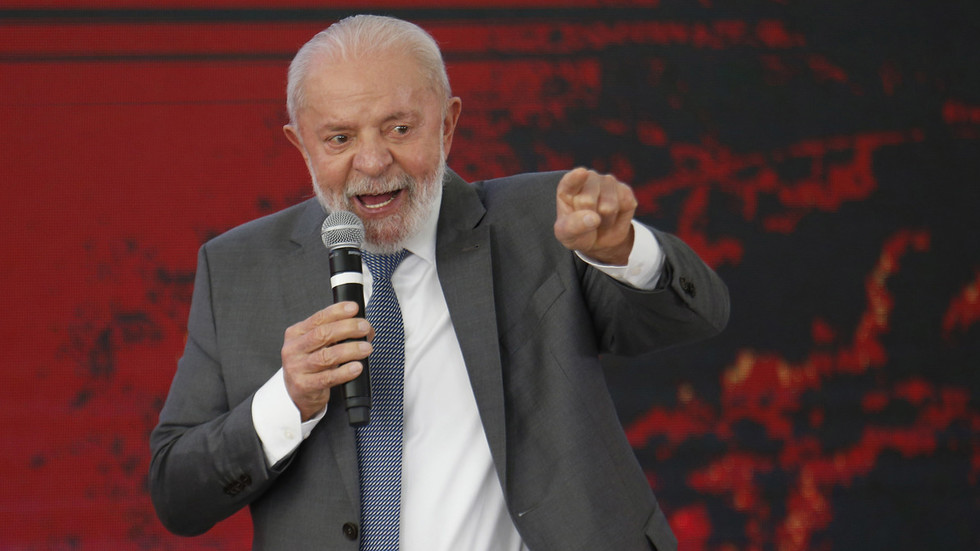In the lead-up to the U.S. elections, Brazilian President Luiz Inácio Lula da Silva expressed his support for Democratic candidate Kamala Harris, positing that her victory would be beneficial for democracy in the United States. Lula’s endorsement reflects his belief in the value of democratic governance, stating, “I love democracy. I think it is the best system of government that society has ever built in the world.” His sentiments were shared on social media as well as in an interview with French broadcaster TF1, indicating his inclination towards an outcome that would purportedly preserve and strengthen democratic values within the U.S. He further suggested that a Harris presidency would provide a more secure environment for democracy compared to the alternative.
Lula’s commentary reflects a broader concern regarding the state of democracy in the U.S. In his opinion, the democratic model that the United States once represented has deteriorated significantly since the events of January 6, 2021, when supporters of former President Donald Trump stormed the Capitol. This incident catalyzed what Lula described as a rise in hatred and misinformation, which he believes is symptomatic of a global resurgence of extremist ideologies, including fascism and Nazism. His critique highlights a disillusionment with the existing political landscape, in which democratic principles seem to be undermined by division and hostility.
Despite his strong preferences, Lula emphasized the importance of maintaining a diplomatic relationship between Brazil and the United States, irrespective of the election’s outcome. He noted the long-standing interactions between the two nations and expressed a desire for that relationship to remain civil and constructive. This stance is particularly significant in the context of Brazil and the U.S. as both nations grapple with their internal challenges while navigating international dynamics. Lula’s approach reveals a nuanced understanding of diplomacy that transcends individual electoral results, aiming to promote stability and cooperation.
Meanwhile, the environment surrounding the U.S. election has been marked by heightened tensions, including two assassination attempts on Donald Trump. These incidents underline the volatile atmosphere that accompanies the current political climate. Trump has attributed these threats to rhetoric from the Democrats, labeling them as indicative of a broader narrative on the “threat to democracy.” His remarks point to a perception of an adversarial political landscape, where allegations of radicalism take center stage, complicating the discourse around democracy in America.
The impact of such political violence and inflammatory rhetoric poses questions regarding the future of democratic processes in the U.S. and beyond. The polarization evident in American society has far-reaching implications, not just domestically but internationally, influencing how other countries perceive and engage with U.S. politics. Lula’s focus on the need for a healthy democratic discourse poses a counter-narrative to the escalating tensions, advocating for dialogue and mutual respect as essential components of a functional political system.
In this context, the desire for a return to a more dignified and civilized political dialogue emboldened Lula’s rhetoric leading to the elections. His call for a focus on democracy correlates with his concerns about the rise of extremist sentiments and misinformation. Both Lula and the broader international community are watching the U.S. elections closely, as the results could signal potential shifts in global political dynamics. Lula’s advocacy for democratic values resonates with many who share his concerns about political extremism, highlighting the need for leaders who can navigate these challenges while upholding democratic principles.

